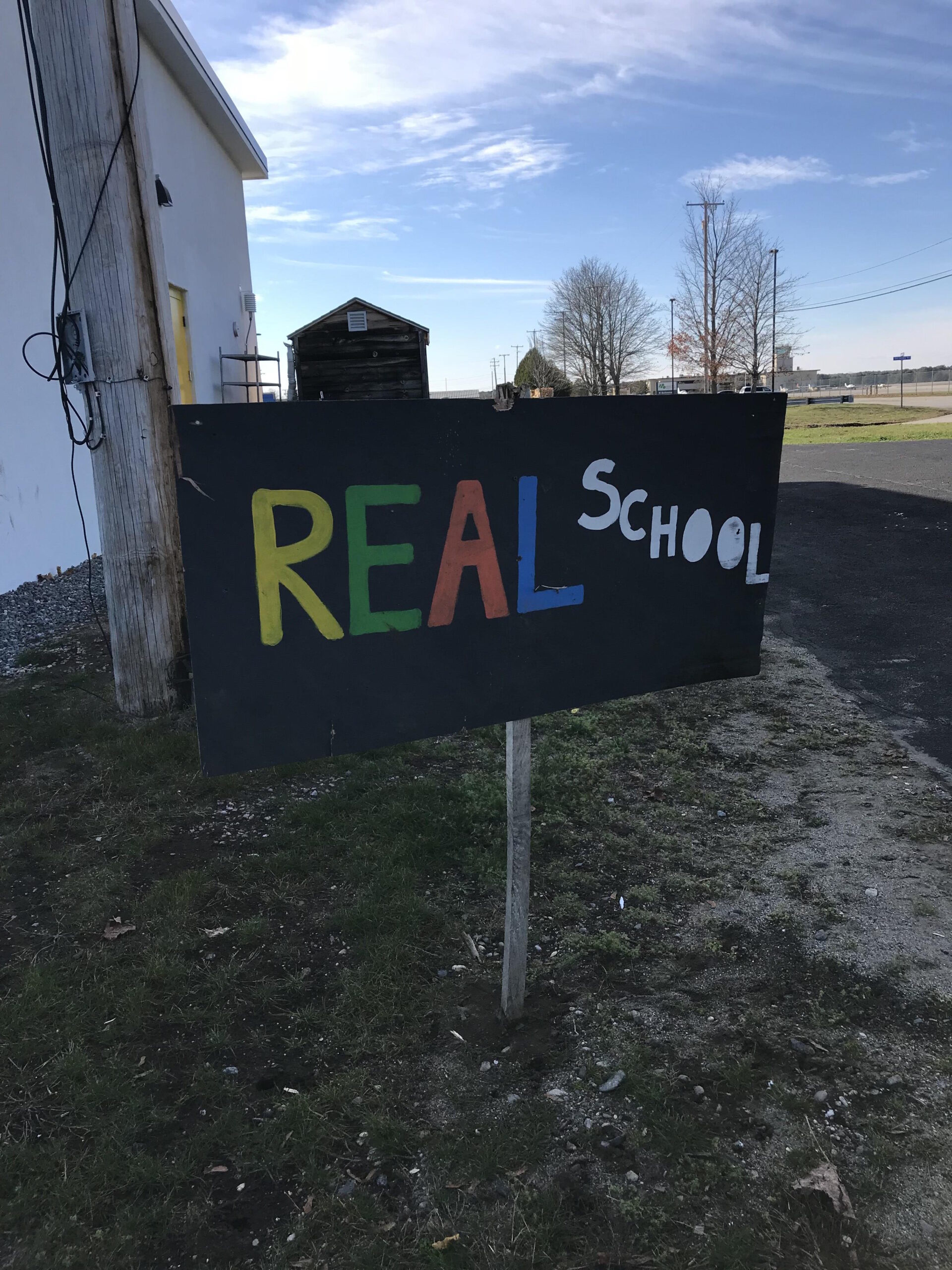Students partner with alternative learning school
November 17, 2017
Throughout the semester, Bowdoin students in Education 1101, Contemporary American Education, have been exploring topics that arise in educational systems throughout the United States. Issues ranged from discrimination and privatization to charter schools and special education. While it is possible to learn about these concepts in textbooks, observing these situations in a functional classroom heightens students’ understandings of these issues.
One of the assignments for students enrolled in Education 1101 involves observing a classroom in a local Brunswick school. They act as objective researchers, sitting in on classes and taking field notes.
“[The day-in-school assignment] gives students an opportunity to ground the ideas they are learning in class with direct observation in a school. They look at the organizational structure and interactions between students, teachers and administrators,” said Laura Sweet, program placement and outreach coordinator in the education department.
While students can choose to visit one of the “traditional” schools in the Brunswick area, there is one choice, the REAL School, that stands out from the rest. The REAL School is an adventure-based Special Education school program for students who require mental health support in the class environment. It is open to all educational needs and serves about 33 students from 3rd to 12th grade.
This non-traditional mode of education drew several Bowdoin students to the REAL School for their day-in-school observation.
“I’m a very big proponent of hands-on, individualized learning,” said Rose Warren ’21, one of the three students in Education 1101 who visited the REAL School. “My high school is standards-based, and we did a lot of individualized learning, and I wanted to see the difference between my school and the REAL School.”
Because of the small class sizes, each student receives personalized attention from their teachers and the other school staff. This individualization allows students to get the attention and support they need based on their learning needs.
“[The school] really valued student-teacher relationships,” Warren said. “Martin [Mackey], the principal, was talking about how [student-teacher relationships] are their number one priority. Teachers are like counselors because they dealt with behavior and homelife because some of them are coming from pretty hard backgrounds.”
 Courtesy of Rose Warren
Courtesy of Rose WarrenWhile the school follows the Brunswick school system’s curriculum and uses a traditional grading system, the school takes alternative approaches to achievement.
“[Mackey] was saying that [in a] statistic class or math class, they had a hard time doing problems out of a textbook,” said Warren. “They would apply that to building a trebuchet for physics, or [playing] Monopoly for math.”
Students are able to hold unorthodox leadership roles that focus on small successes that may not have been possible have in a traditional school setting.
“[Mackey] emphasizes small successes, so they’re constantly succeeding, so they keep coming back,” said Warren. “This student … a high schooler … makes popcorn for all the students, and he delivers it to all the classroom. It’s a leadership opportunity for him.”

Comments
Before submitting a comment, please review our comment policy. Some key points from the policy: